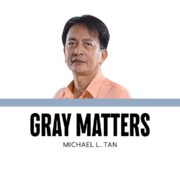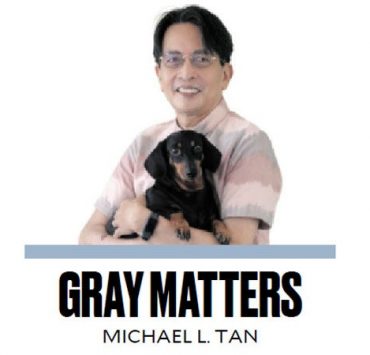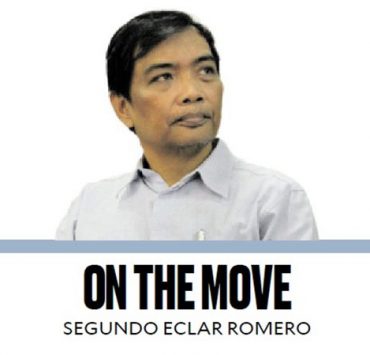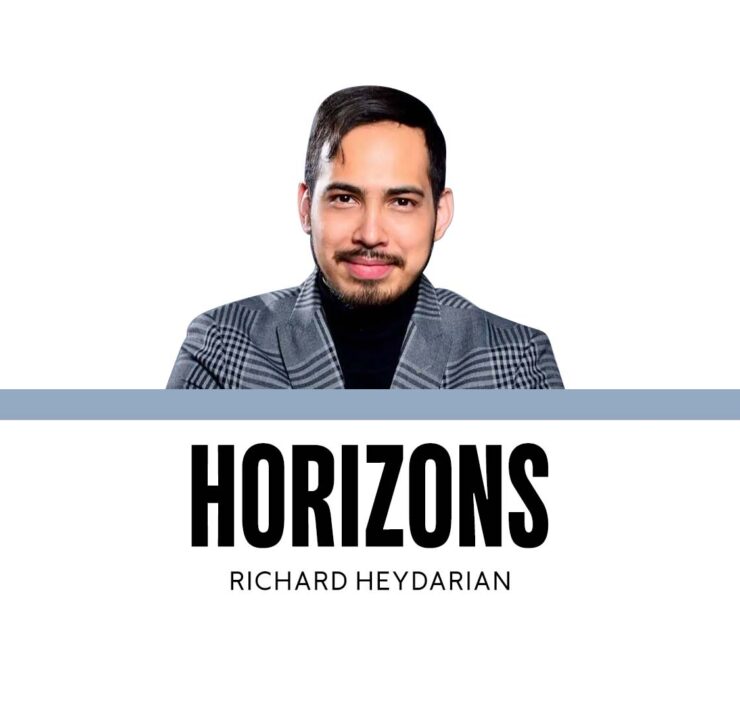Marcos Jr.: A ‘lame duck President’?
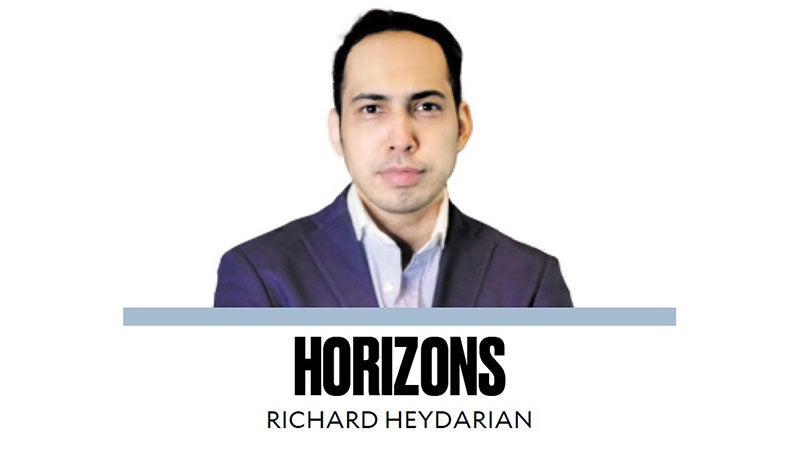
“Quotang quota na ako,” former senator Antonio Trillanes told me when asked about the emerging legacy of President Marcos. “If you look at his policies, [the current President] is not too far away from former president Benigno Aquino III.” Just an hour earlier, while preparing for our interview in the waiting room, I found myself surrounded by pictures of the fiery statesman alongside former United States president Barack Obama, Aquino, and, most curiously, along with his then-colleague in the Senate, Ferdinand Marcos Jr.
He also praised the President’s appointment of competent and courageous officials such as Gen. Nicholas Torre III as the new Philippine National Police chief. “We are so lucky in the Philippines to have someone like General Torre at this time in the PNP because he has, above all, a moral compass. He knows what is right, what is his duty to the country,” Trillanes added, full of sincere admiration for the man who has overseen among the most consequential operations of the Marcos administration, most notably the arrests of high-profile criminal fugitives such as self-proclaimed pastor Apollo Quiboloy and former president Rodrigo Duterte. Perhaps, Trillanes saw a spark of his own courage in the new police chief, who has been unfazed by the torrent of threats from pro-Duterte trolls and traditional politicians.
It goes without saying that the former senator has been outspoken about his principled support for the current administration. This is partly due to the quasi-reformist bent of the namesake son of the former Philippine dictator. In defiance of earlier fears, Mr. Marcos has not only shunned his immediate predecessor’s authoritarian populism, but has rolled back Duterte’s worst policies, especially the brutal drug war, as well as pro-China foreign policy.
“He needs to focus on economic issues,” Trillanes added, when I asked him about the President’s priorities in his legacy years in office. He was quick, however, to add that all politicians in the Philippines address gut issues de rigueur, especially given the depth of poverty and ubiquity of extreme income inequalities in our country. Objectively, Trillanes’ perspective has its merits. The political reality, however, is that the former statesman belongs to what I call the “Never Duterte” camp, namely liberal-pluralist leaders, who have correctly identified the Duterte dynasty as the preeminent threat to our constitutional order.
Aside from traditional corruption scandals, what makes the Dutertes stand out is their brazen disregard for institutional checks and balances, and, worse, unvarnished contempt for human dignity and life. Not to mention, their little regard for our national interest and territorial integrity in the face of China’s aggression. This is what makes the Duterte dynasty a singularly insidious political force in Philippine history.
By all accounts, Mr. Marcos has lost the favor of the core Duterte base, especially in Mindanao, for good. Bridges have been burned, especially after the former president was handed over to the International Criminal Court (ICC), where he will—as one expert in The Hague told me in March—”rot for the rest of his life.” The same goes for key Marcos allies, such as the Speaker of the House and first cousin Martin Romualdez, who oversaw the impeachment of Vice President Sara Duterte.
Far from a “lame duck” President, however, Mr. Marcos has a historic opportunity to build a new political coalition that includes not only “Never Duterte” elements but also the “moderate majority,” if not even sections of the “Never Marcos” movement. In order to create a new moral majority, he will not only have to proactively push back against pro-Duterte propaganda and troll farms, which have poisoned our wellspring of democratic discourse, but also extend an olive branch to his skeptics by making it clear that even if he is not their preferred leader, his success will ultimately be the success of the Filipino nation. He will need the help of the majority, including his critics, to stave off Duterte-led destabilization of the country and, accordingly, implement key economic policies in his legacy years.
Against all odds, Marcos Jr. can regain popularity and build a robust legacy if he takes a principled stance on key issues such as the ICC, ramps up his counter-disinformation efforts, appoints principled officials to key positions, and sincerely reaches out to critics who have a shared interest in preventing the return of the Duterte dystopia.













